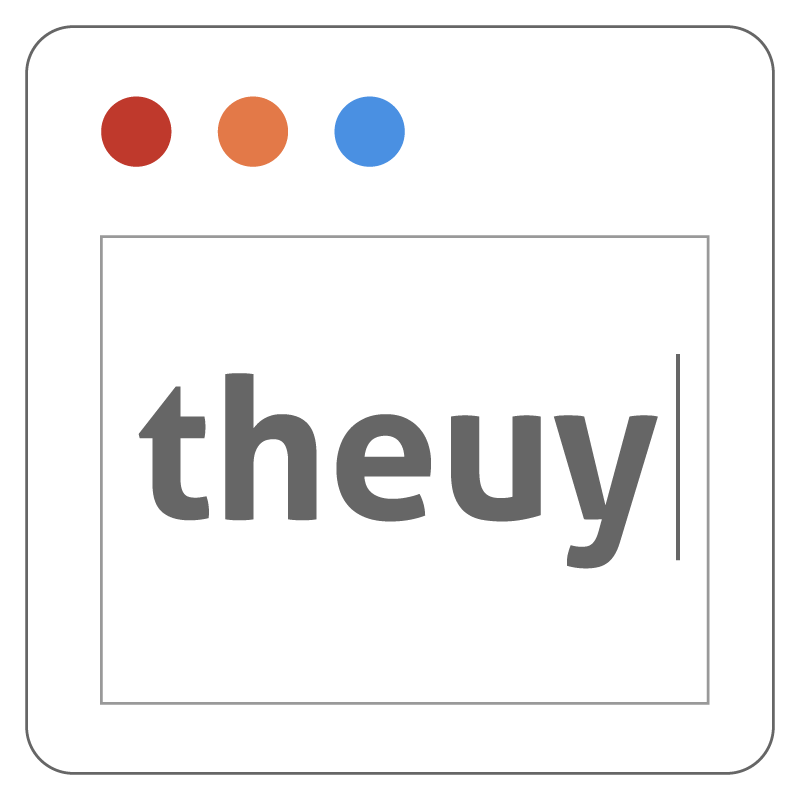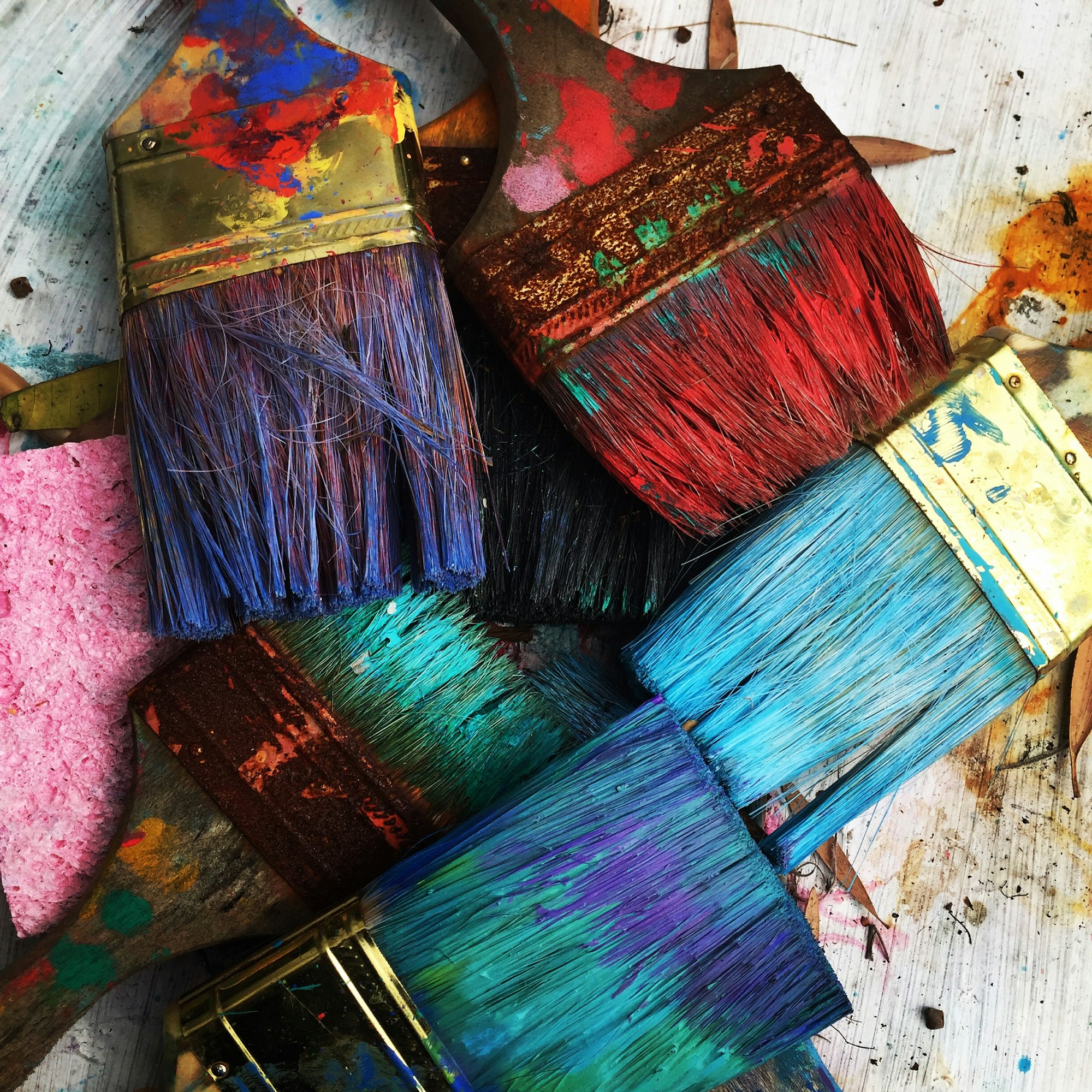Creativity is an essential skill for success in any job, no matter what field you're in. Creative skills help you think outside the box, come up with fresh solutions to problems, and increase your productivity. They are also a great way to stand out from the competition in today's ever-evolving work environment. In this blog post, we will be exploring the importance of developing and mastering creative skills in your work and how these skills can benefit you professionally.
Creativity Boosts Your Productivity
Creativity is an essential skill to have in the workplace. Not only does it help you stand out from the competition, but it can also help you increase your productivity and effectiveness. Creativity can boost your productivity by allowing you to think outside the box and come up with innovative solutions to everyday problems. Creative thinking encourages you to find creative solutions that are not only efficient, but also effective. This can help you save time and effort while still achieving your desired goals. Creative thinking also helps you to remain focused on the task at hand, as you are able to break down complex tasks into smaller and more manageable pieces. This makes it easier to concentrate on each task, resulting in a higher level of productivity.
Creativity Makes You More Valuable to Your Employer
Creative skills can be extremely beneficial to your career and make you more valuable to your employer. When you demonstrate creative thinking, problem-solving abilities, and other creative skills, employers can see the potential for a long-term return on their investment. Having creative skills and being able to think outside of the box makes you stand out from other job candidates and can make you a valuable asset to the company.
Creative thinking and problem-solving help employers identify opportunities for improvement in their organization and plan for future success. Creative ideas can lead to new products and services, increased market share, and better customer experience. Furthermore, employers are constantly looking for employees with innovative ideas that can contribute to the success of their business. By showing that you have the creativity and skill set to think outside the box, you can become a valuable asset to the organization.
The ability to think creatively also makes you a more flexible and adaptive employee. When employers need to pivot in response to changes in their industry or business environment, they may look for employees who are able to come up with creative solutions quickly. Additionally, if your employer is looking to expand into new markets or take advantage of new opportunities, they may prefer an employee with creative problem-solving skills to help them navigate through challenging situations.
In short, having creative skills makes you a more valuable employee to your employer. Not only do creative skills make you stand out among your peers, but they also provide you with invaluable problem-solving abilities that can be used to benefit your employer. So, if you are looking to make yourself more valuable in the workplace, then it is important to take the time to develop your creative skills.
Creativity Improves Your Problem-Solving Skills
Creativity is an essential skill to have when it comes to solving complex problems. A creative approach to problem-solving helps us to think outside the box and come up with unique solutions that can benefit both our work and ourselves. Creative problem-solving techniques allow us to look at a problem from different angles, see things in a new light, and come up with innovative solutions.
For example, if you are working on a project and you’re having difficulty finding a solution, creativity can help you think of a solution that no one else has thought of. A creative approach will allow you to use your skills and knowledge in an innovative way to come up with a solution that will make the job easier.
Another way that creativity helps with problem-solving is by giving you the ability to think critically and analyze situations from different perspectives. By analyzing a problem from multiple angles, you can gain a better understanding of how different factors interact and come up with solutions more quickly.
Finally, creativity is also useful in problem-solving because it allows us to think in terms of possibilities instead of limitations. Creative thinking encourages us to explore ideas and solutions that might not have occurred to us before. This allows us to find creative solutions to challenging problems and create value for our employers.
In short, creativity is a valuable skill to have in the workplace because it helps us think differently, analyze situations more thoroughly, and come up with innovative solutions that make our lives easier. Creative problem-solving skills are essential for any successful professional, and they can make a huge difference in your success at work.
Creativity Helps You Advance in Your Career
Developing and honing your creative skills can help you advance in your career. Whether it's coming up with innovative ideas for a project or coming up with creative solutions to problems, employers are always looking for people who can think outside the box. Creative thinking can help you stand out from the crowd and show your value as an employee. Additionally, employers often look for creative professionals to lead projects or teams and to provide them with fresh perspectives and new ways of doing things. Being able to demonstrate your creative skills can make you a more attractive candidate for promotions and other advancements. Furthermore, many employers view creativity as a sign of leadership potential, so having strong creative skills may open doors for you in the future.
Developing your creative skills can also be beneficial when it comes to networking. Being able to think creatively allows you to come up with interesting conversation topics and ideas that can make you stand out when meeting with colleagues or potential employers. Your creative skills can also be used to develop relationships with those in the same industry, which may lead to collaboration opportunities that can help you further advance in your career.
Creativity Enhances Your Professional Reputation
Having creative skills gives you an edge over your peers and adds value to your professional reputation. When you can bring innovative ideas to the table and can think of solutions outside the box, you are seen as an asset to your team and company. By showcasing your creativity, you create a strong impression that can help you gain recognition and respect from colleagues, bosses, and other professionals in the field. Additionally, having creative skills gives you the opportunity to stand out and become known for your expertise and originality, which can further help to build your professional brand.
Creativity Leads to Job Satisfaction
Creativity is an important part of any job, but it can also lead to job satisfaction. When you tap into your creative side and develop your skills, you will find yourself feeling more fulfilled in your work. Creativity gives you the ability to express yourself and make something of value out of what might have been a mundane task. Working with a creative mindset can help to make the most of a challenging situation and produce something new and innovative.
When you take the time to engage with your creativity, you become more productive and successful. Your efforts are appreciated, and this leads to greater job satisfaction. You will feel a sense of accomplishment when you create something that has value. Additionally, having creative skills can open up opportunities for career advancement and new challenges.
Using your creativity helps you to think outside the box and come up with fresh ideas. This leads to problem-solving skills that can be applied to difficult tasks. By becoming a problem-solver, you will gain valuable insight and experience that you can use throughout your career.
In conclusion, creativity is an important skill to master in any profession. It boosts productivity, makes you more valuable to your employer, improves problem-solving skills, and enhances your professional reputation. But perhaps most importantly, creativity leads to job satisfaction. When you take the time to tap into your creative side, you will find yourself feeling fulfilled and proud of what you’ve accomplished.

